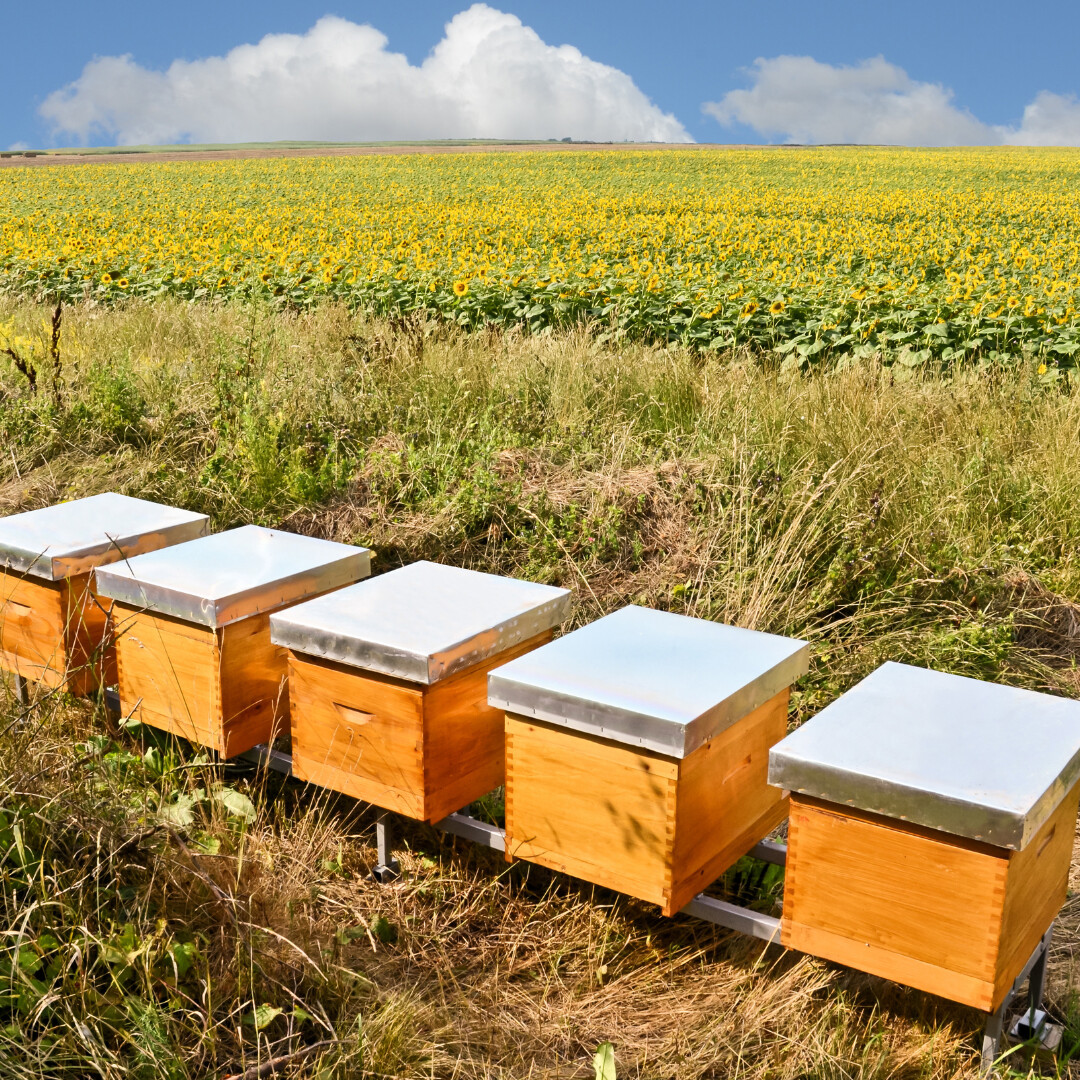
Eating organic foods is more expensive than eating conventional. Is it really worth the extra money to eat organic? As time has evolved, companies have found more ways to reduce the cost of producing fruits, vegetables, meat, eggs, and dairy. Most of the cost reducing measures involve using more chemicals, additives, and hormones, that may not be healthy for you. While lower quality food does not adversely affect everyone, here's what you should know about organic food.
Antibiotics and Hormones
Growth promoters, such as antibiotics and hormonal substances, can be used when raising animals that are intended for human consumption. The is allowed because there has not been conclusive studies showing that these practices are harmful to you. Yet it seems the risk for health issues keeps rising. If you want to take control of your health, eating organic meats and dairy is a good first place to start. Look for packaging that says: "100% certified organic" or "Free range, no antibiotics."
High Fructose Corn Syrup
High fructose corn syrup (HFCS), and artificial sweeteners, are not allowed in organic foods. HFCS has been tied to weight gain, diabetes, fatty liver, and high cholesterol. It is highly processed and is not a natural sugar. It is manufactured from corn starch. It is used in manufactured food because of it's flavor and longer shelf life. For most, consuming sugar of any type should be limited. And when you do have it, it is best to use a natural sweetener like dates or maple syrup that provide vitamins, minerals, and other health benefits.
Artificial Dyes
Artificial dyes are also not allowed in organic products. They are manufactured from petroleum. The use of artificial dyes has increased by 500% in the last 50 years. Children are particularly vulnerable due to their smaller size. Red 40 and Yellow 5 have been linked to hypersensitivity in children. Some dyes contain chemicals that have been linked to cancer, although the FDA says they are at safe levels in food. Artificial dyes can also cause inflammation in the body which can lead to pain and negatively impact your immune system.
Chemical Pesticides and Fertilizers
There are limits to the amount of pesticides and fertizers that can show up in your food. Organic foods must be grown using non-synthetic formulations. Synthetic products can end up damaging the soil, and can get into your water, lakes, and streams. They can disrupt the delicate balance of beneficial bacteria in the soil and can harm birds, bees, and other animals that feed on the plants. The people affected the most by synthetic chemicals, are the people and families of those that are applying the chemicals. Still, you may choose to avoid conventional foods that are heavily treated with synthetic chemicals like corn and strawberries.
Genetically Engineered Foods
The use of genetically modified organisms (GMOs) continues to rise. GMOs allow a plant to be resistant to the pesticides and herbicides that are commonly used to grow them. There have been 20 years of testing that show that eating GMO foods, or foods from animals that are fed GMO foods, does not harm your health. Still there is enough concern, that there is now labeling that allows you to identify non GMO foods. Foods labeled organic, do not allow the use of GMO ingredients. The people that grow organic non GMO foods use natural farming methods that preserve and enhance the soil. They also believe that organic foods contain more nutrients than conventional foods because of the care taken to nourish the plants and soil.
Did this help you? If so, I'd greatly appreciate it if you commented and/or share it on social media.

Email: sharonledwards@hotmail.com
Facebook: https://www.facebook.com/sharonledwardsbiz/




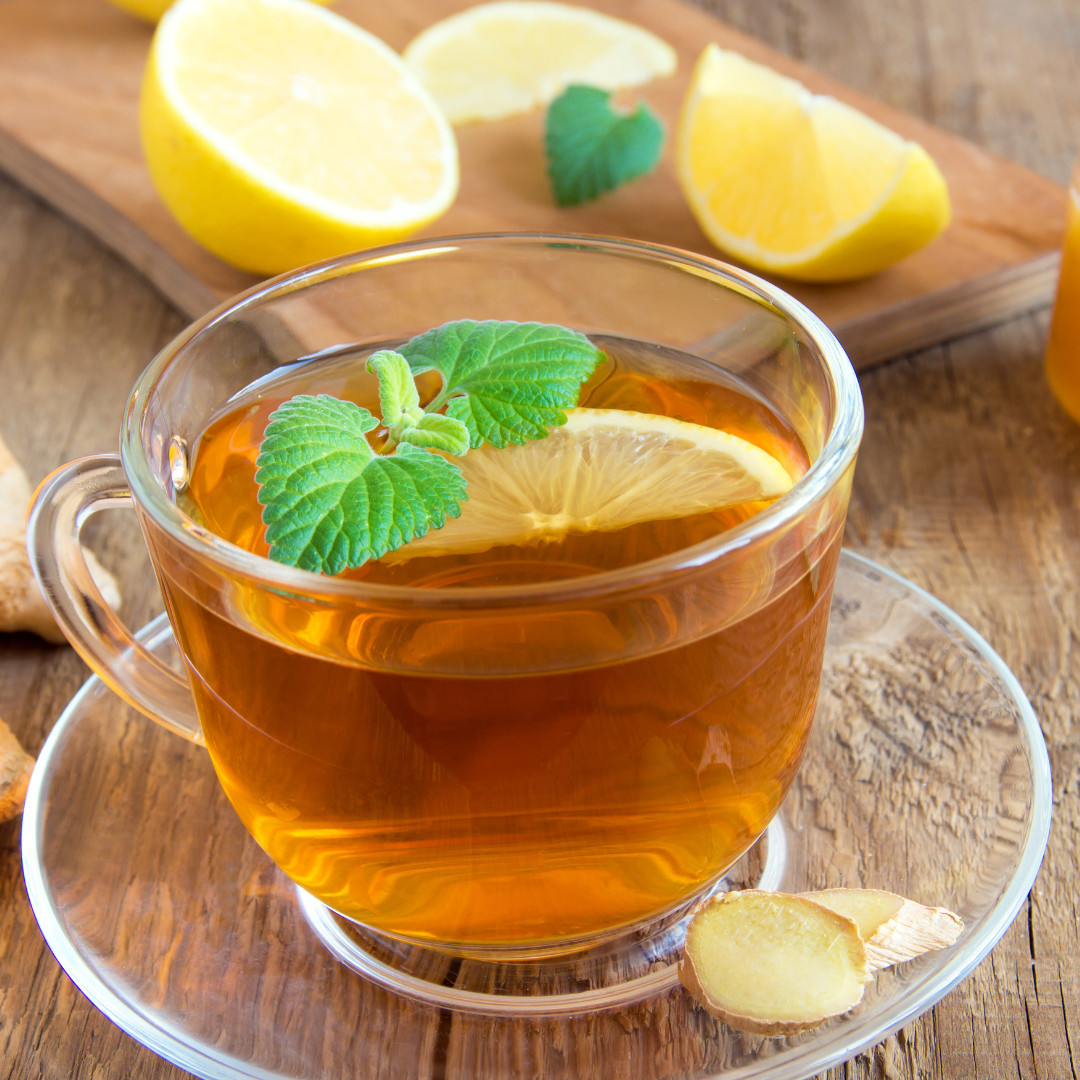

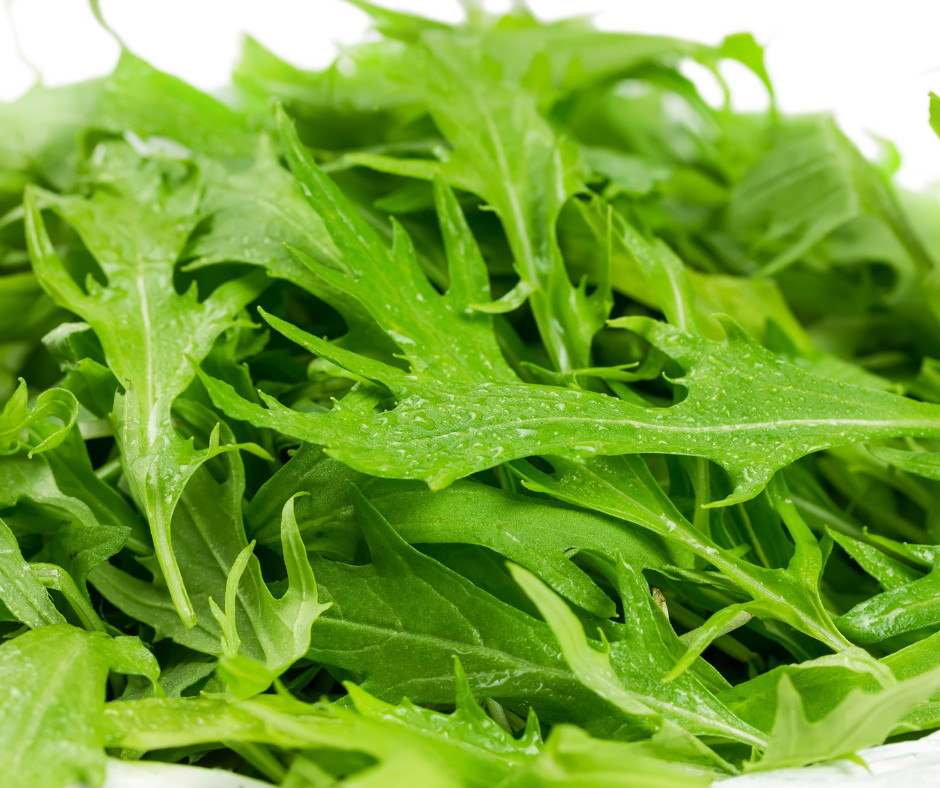

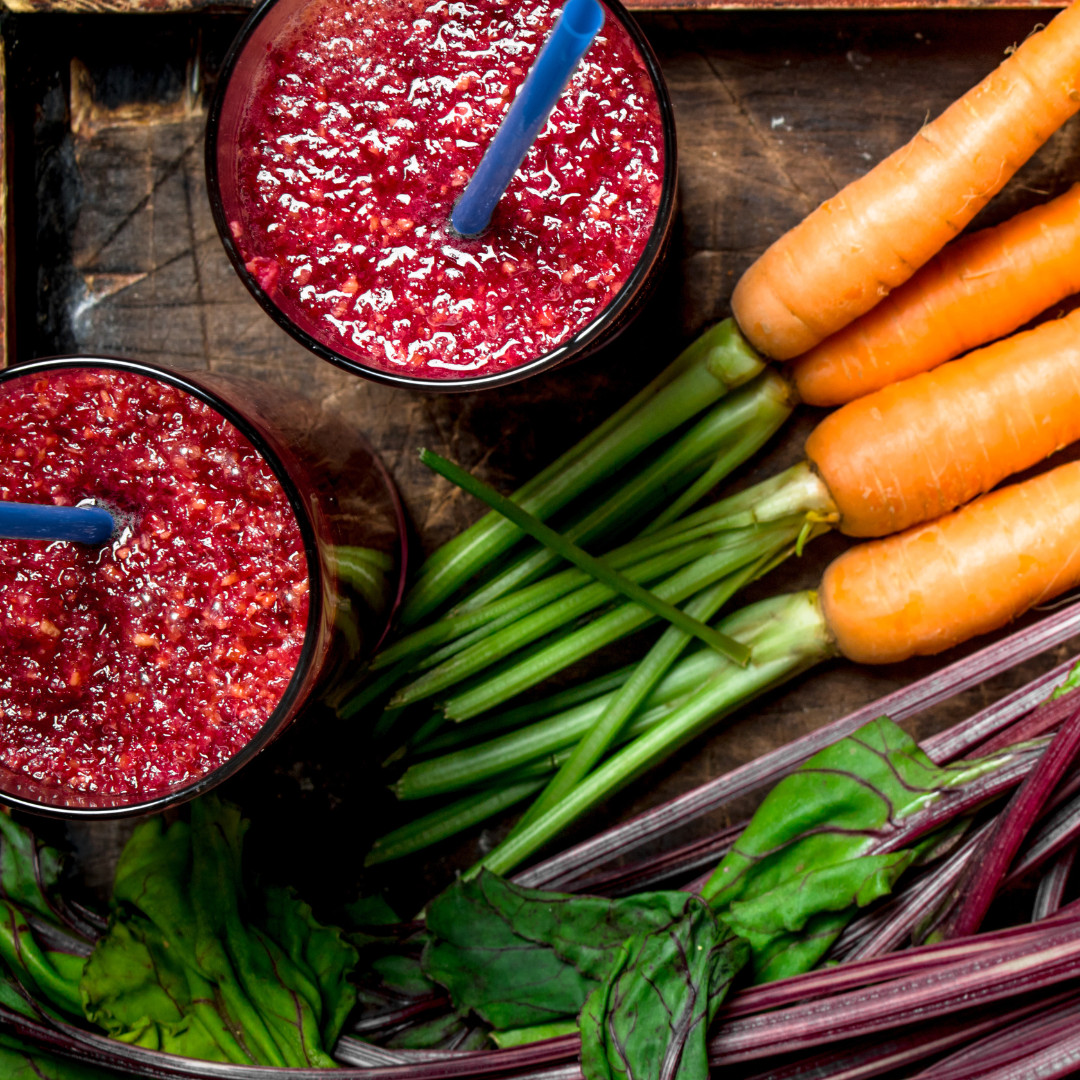
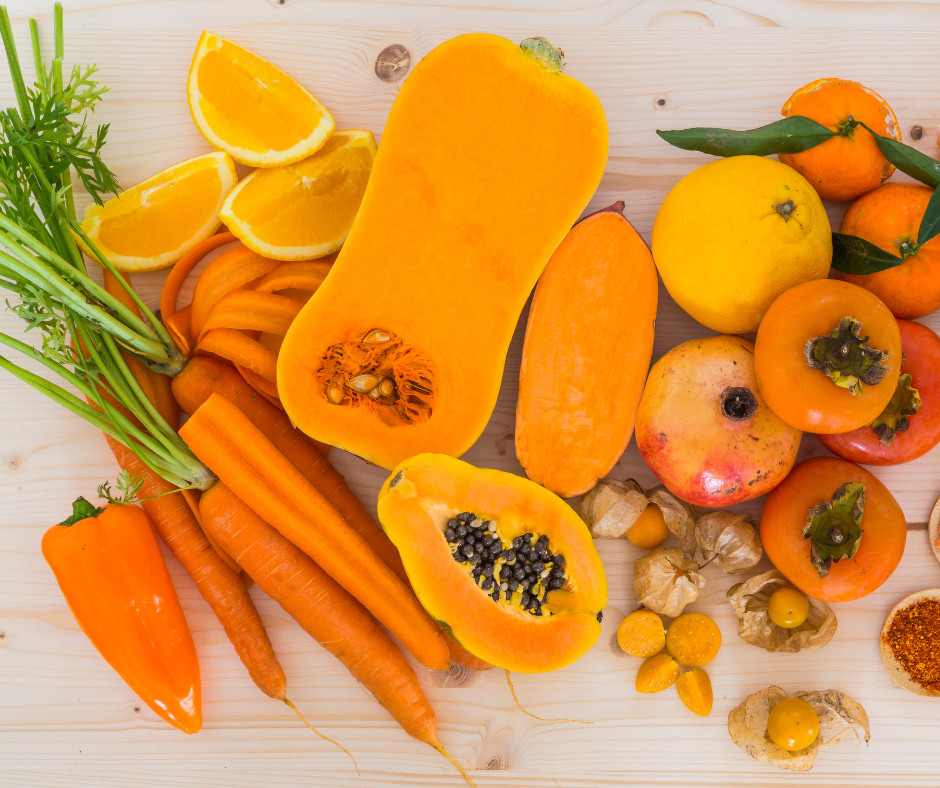
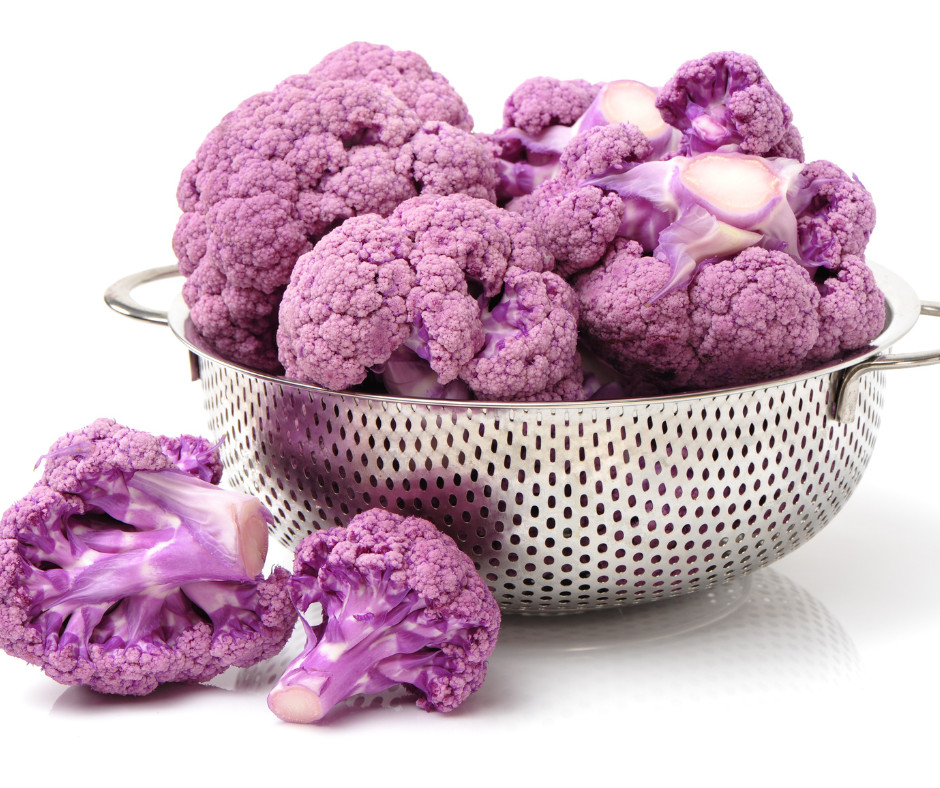
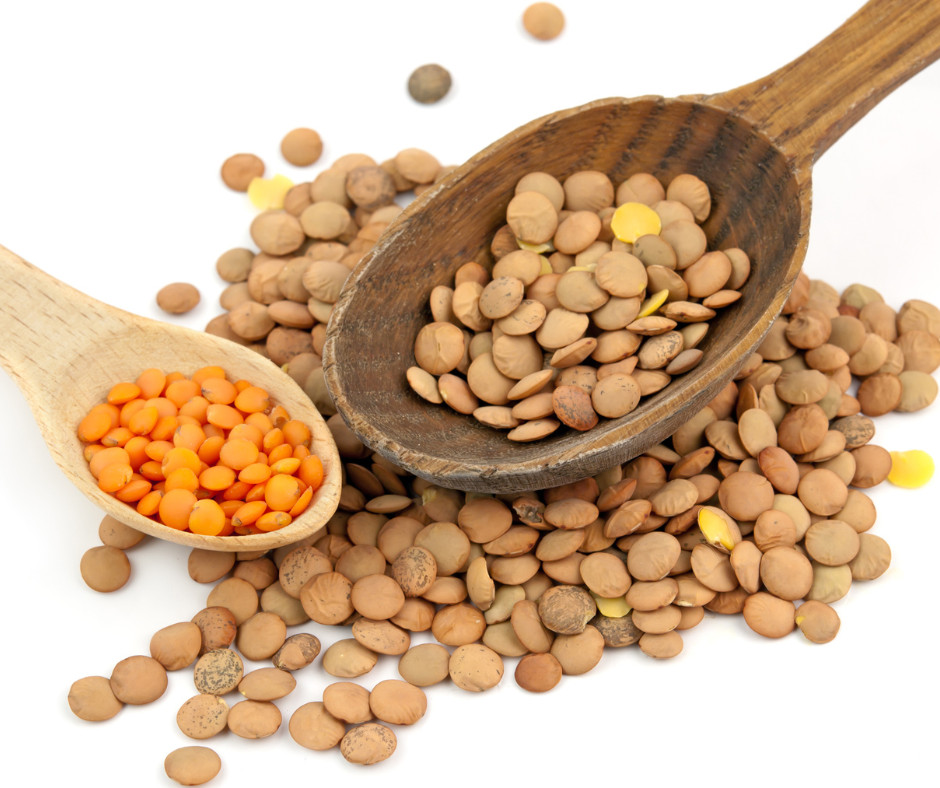
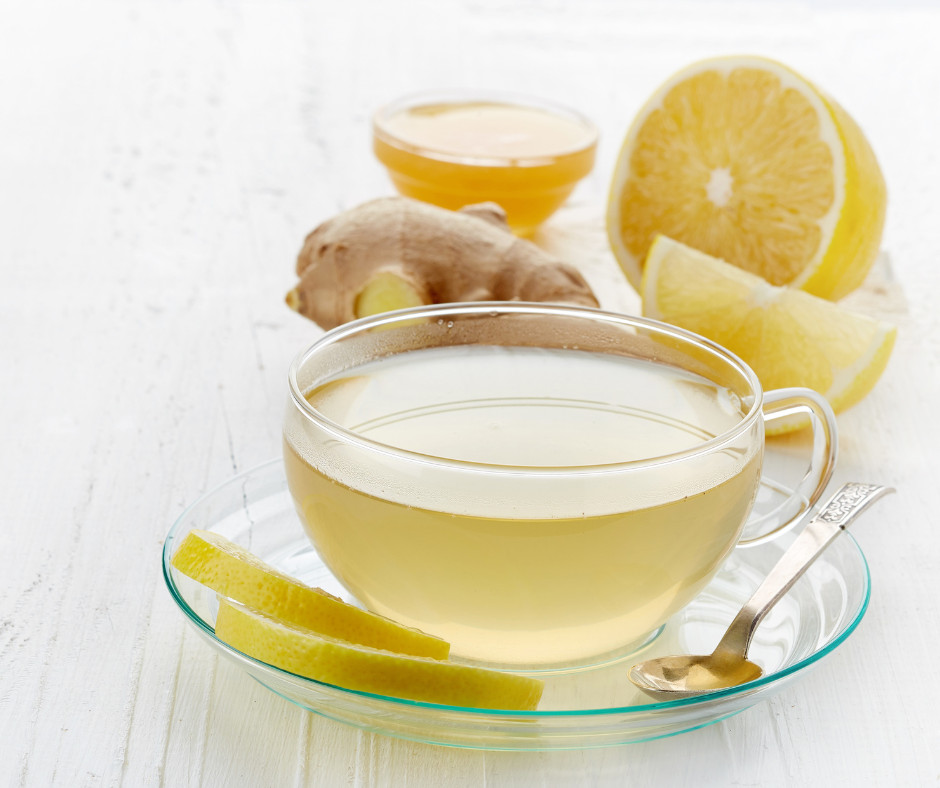




0 Comments